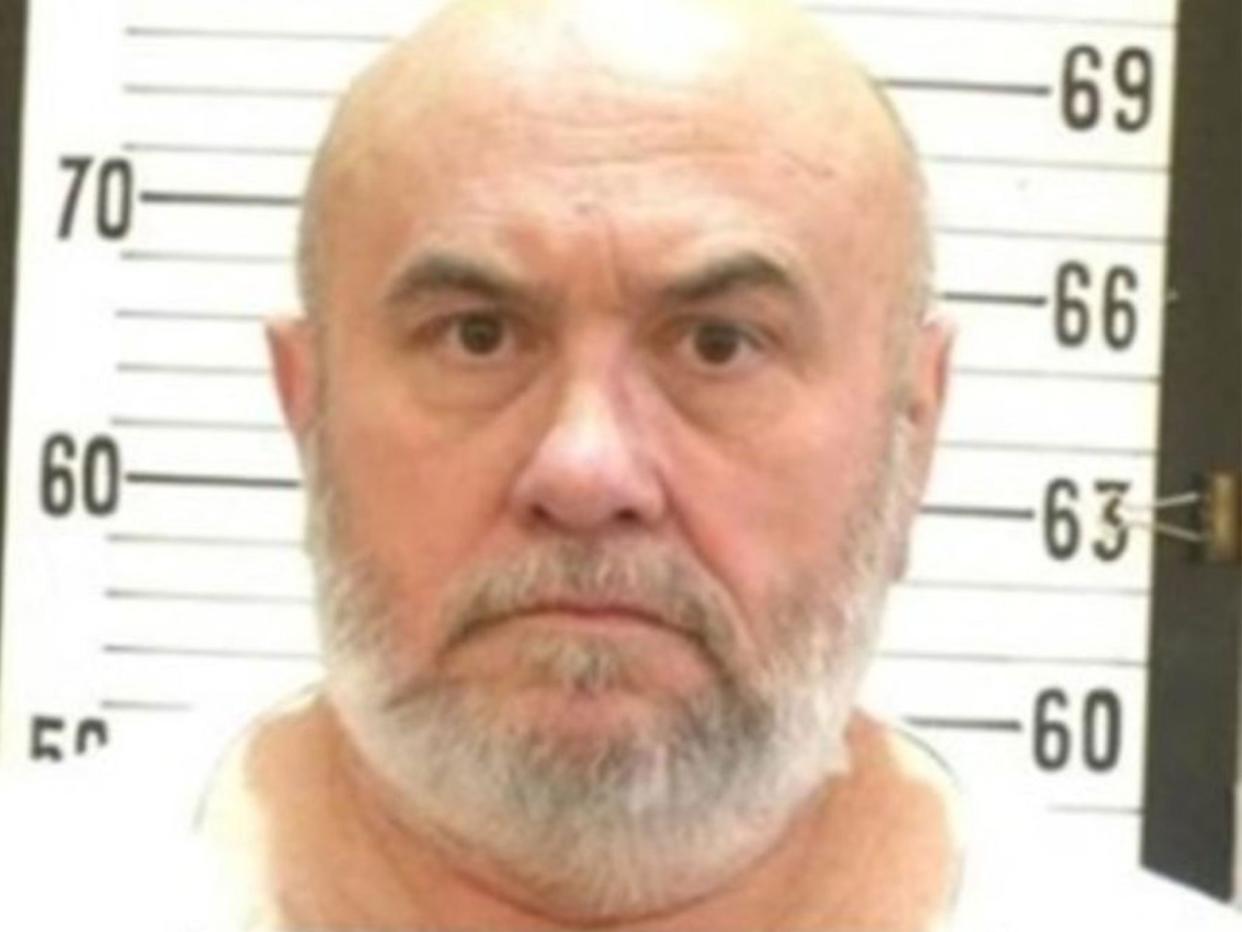Death row inmate demanding electric chair in lethal injection protest is granted stay of execution

A death row inmate requesting to die by electric chair in protest over Tennessee’s controversial lethal injection process has been granted a stay of execution.
Edmund Zagorski, who was set to be executed on Thursday, was handed a reprieve by appeals court judges after they agreed to examine claims he did not receive adequate representation at trial.
No new date has been set for the sentence to be carried out.
The order comes as the prisoner is locked in another legal challenge against state officials in a bid to prevent them from killing him using a three-drug lethal injection.
Zagorski had requested to die by electrocution due to concerns over the injection process used in Tennessee, which some medical experts claim causes inmates excruciating pain.
However, the state’s department of corrections says it will not respect his wishes, insisting his execution will be carried out using a cocktail of midazolam, vecuronium bromide and potassium chloride.
Zagorski, who was sentenced to death in 1984 over a brutal murder of two men during a drug deal, argues Tennessee law allows those convicted of crimes before 2000 to choose their method of execution.
A case brought against the state by 32 inmates including Zagorski claimed the lethal injection process was unconstitutional in the United States under the eighth amendment, which prohibits cruel and unusual punishment.
During the hearing, medical experts testified the three chemicals used in the injection leave prisoners in unbearable pain for their final minutes, feeling as if they are both burning inside and being buried alive.
However, the Tennessee Supreme Court ruled in a majority decision the punishment was constitutional as other potentially more humane alternatives were not readily available.
In an emergency motion, Zagorski's attorneys argued he had the legal right to choose a death by electrocution.
“Secrecy, evasiveness, and a rush to execute on the part of state actors have forced Edmund Zagorski to make a terrible choice,” the document said.
“Either allow the state to subject him to an execution by lethal injection where the evidence establishes the last 10-18 minutes of his life will be spent in utter terror and agony, or request to be electrocuted which will end his life by burning his organs causing his body to be mutilated and experiencing excruciating pain for likely 15-30 seconds.”
In August, Tennessee executed its first inmate in nearly a decade, with officials using the controversial three-drug injection protocol.
Tennessee is one of only nine states that allows electrocutions and just 14 of the several hundred inmates executed in the US since the turn of the millennium have died in the electric chair.
In an affidavit, Zagorksi said he would accept electrocution as a method of execution once all his appeals had been exhausted, explaining he “did not want to be subject to the torture of the current lethal injection method”.
“I believe that both lethal injection and electrocution violate my rights under the eighth amendment,” he wrote.
“However, if I am not granted a stay of execution by the courts, as between two unconstitutional choices I choose electrocution.”

